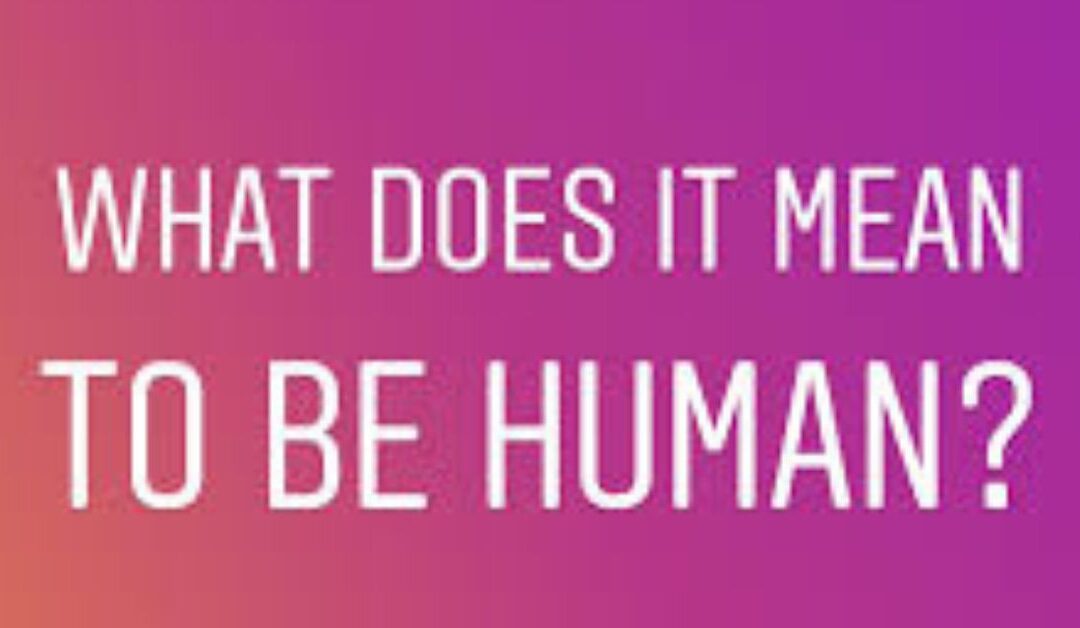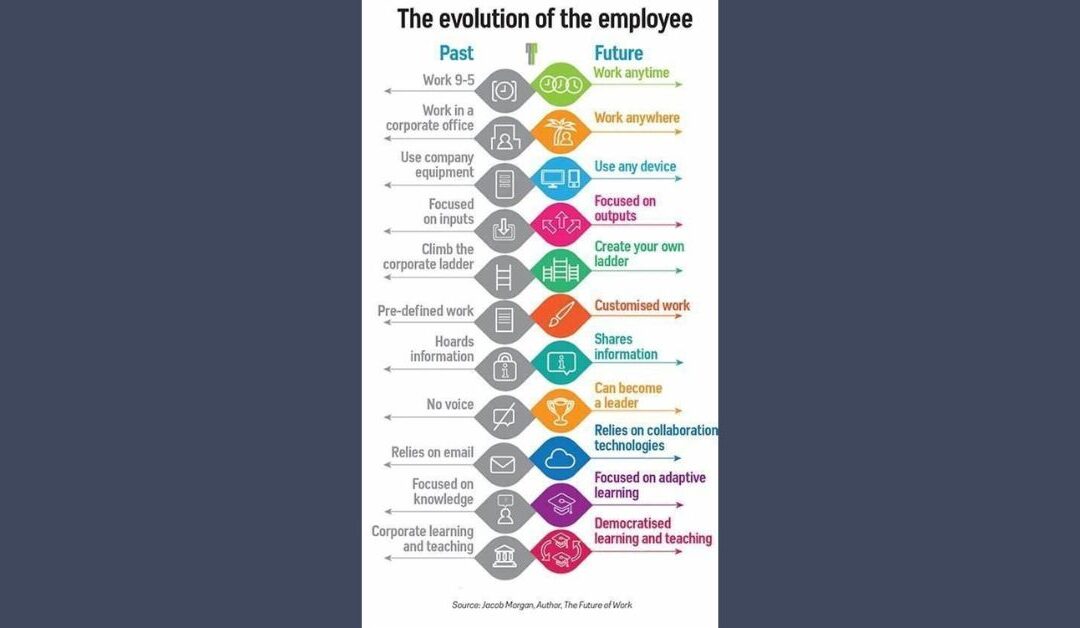
Stay Tuned
While we weather the COVID-19 storm it’s tempting to sit back, watch a few box-sets and wait for things to normalise. There are two ways of looking at this, both requiring some deliberate action:
- Make the most of it, use this period as proper down-time for all those things you’d promised to do if ever quarantined for something like an alien invasion, incoming meteorite or a pandemic virus.
- Keep up the job-search. Don’t lose focus on all that it takes to get employed because if we’re all agreed on one thing – it’s that we’re going to come through this in time – and we should be prepared.
Plan A is none of my business but Plan B certainly is, so hear this:
This surreal situation is the ‘new normal’, and you should assume that everybody’s preparing themselves for life beyond COVID-19 without having a guess at when we’re released from lock-down. Many companies are officially ‘on hold’ but it’s more important than ever for them to stay engaged, protect their customers, safeguard their market share and seek out opportunities for winning new business. You can see how they’re going about it too; the ones who remain in the front of our minds are those who are proactive in doing good, volunteering their services for free and devising whatever ways they can to pave the way ahead. They’re also the ones who are providing as much clarity to their employees as possible. They might have to lose a few, but they’ll want to retain those who might otherwise be inclined to stray.
Do the same. Stay tuned and don’t slow down on the job-hunting. There are still openings being advertised so don’t hold back from putting in an application, and don’t lose sight of how that’s done.
- CV-writing. Keep this up-to-date for you’ll be sure to be asked how you made use of this time. “COVID-19 self-isolation” will probably have its own bullet-point so you must have something to say.
- Linkedin. Get your profile as it should be. Use key-words in the prose, shed some light on your interests and above all – ENGAGE by liking/sharing/commenting or writing posts of your own.
- Soft skills are the new hard skills (see previous blog “Be Human” 27th March). It’s a perfect opportunity for recruiters to turn a blind eye to what’s become the threshold for academic qualifications and focus more on what their customers really want.
Skype, Zoom, Houseparty and Facetime are all coming into their own during this time and so could you. Don’t get lost in the rush for the job market once the light shines from the far end of the tunnel. Stay Tuned, get in touch with us NOW while the competition’s watching re-runs of GoT.




